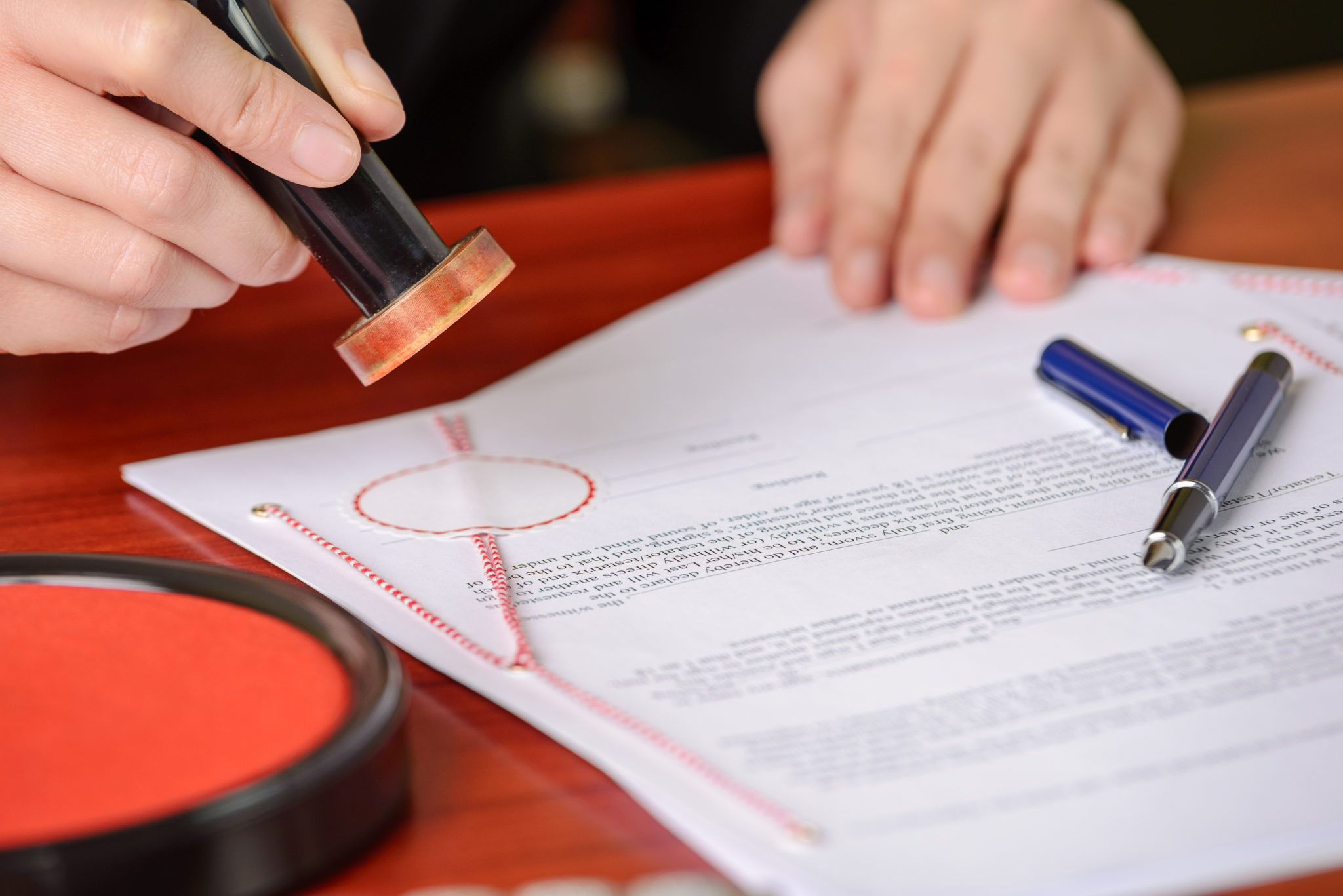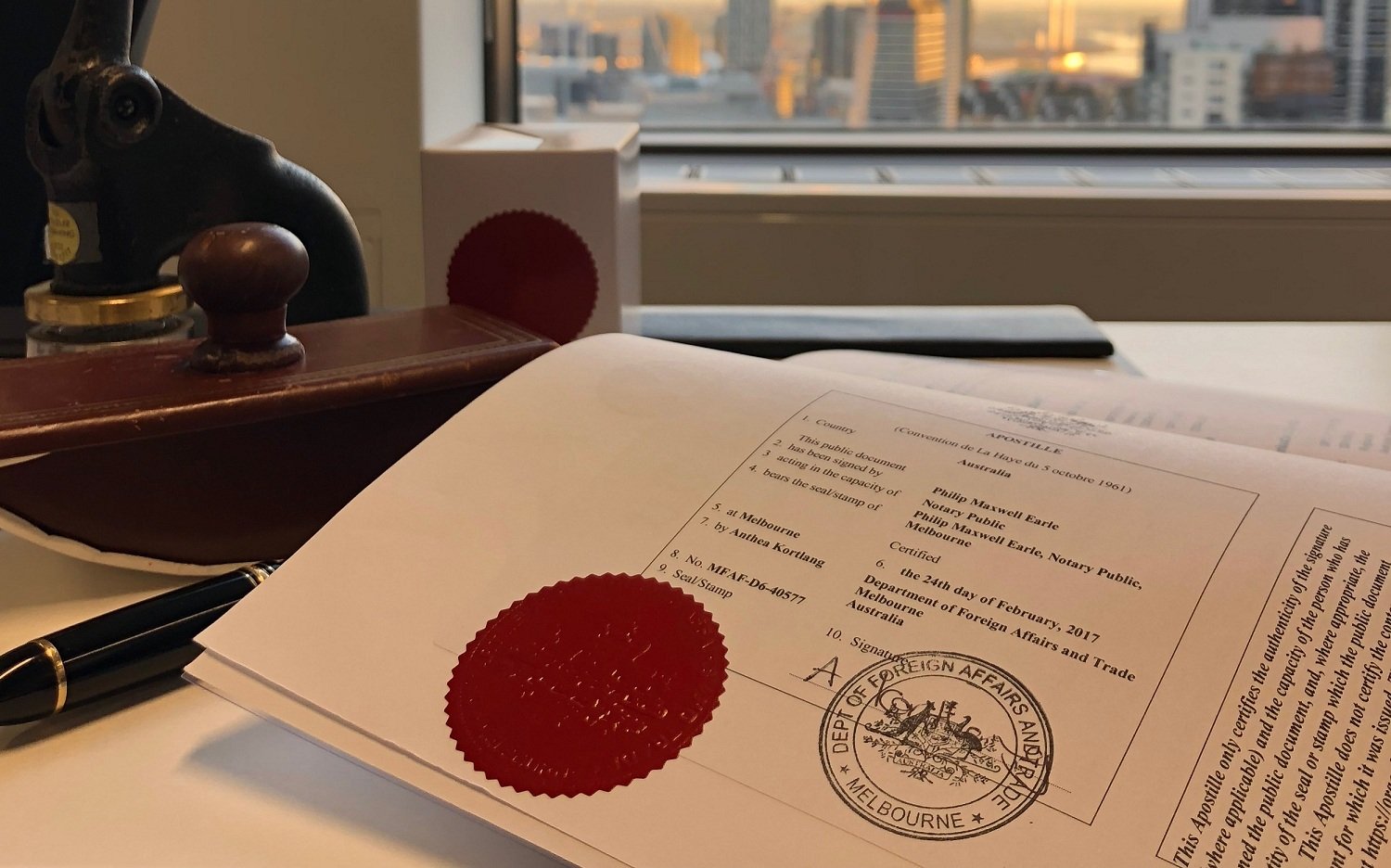Diving Into the Factors Behind the Mandatory Requirement of Apostille Certification for Legal Papers
In the world of lawful documents, the compulsory requirement of apostille certification has come to be an important aspect that significantly influences the legitimacy and recognition of lawful documents on a worldwide scale. Understanding the reasoning behind this requirement includes diving right into the elaborate web of lawful intricacies, historical criteria, and worldwide agreements that highlight the significance of apostille certification in today's interconnected globe. By checking out the underlying reasons behind this prevalent demand, a clearer image arises of why this apparently administrative procedure holds such enormous importance for federal governments, companies, and people alike.
Historical Evolution of Apostille Accreditation
Just how did the concept of apostille accreditation advance over time to become a vital component of global document validation? The requirement for a streamlined approach of confirming documents for use across borders ended up being noticeable as international trade and travel enhanced.
At first embraced by a couple of European countries, the Apostille Convention gradually got international approval as a result of its performance and performance in validating the authenticity of main documents. Over the years, the convention's reach broadened as even more countries joined, acknowledging the apostille as a globally approved form of paper authentication. Today, apostille accreditation has become a conventional demand for validating legal documents in international purchases, making certain smooth interaction and lawful procedures between countries.
Simplifying International File Legalisation
The streamlining of global file legalisation treatments has considerably enhanced performance in cross-border transactions. Simplifying the process of legislating records for international use has become critical in helping with swift and seamless deals in between nations. Among the key mechanisms that have added to this simplification is the fostering of the Apostille Convention, which provides a standardized method for confirming the authenticity of papers throughout getting involved countries.
By adhering to the Apostille requirements, countries consent to acknowledge each other's public papers as legitimate without the need for further legalization. This eliminates the prolonged and commonly troublesome process of multiple authentications by different authorities, conserving time and sources for services and people participated in worldwide activities.

Making Certain Record Authenticity and Validity
To make certain the authenticity and legitimacy of legal papers in global transactions, rigid verification processes are crucial. By needing apostille qualification for legal papers, authorities intend to confirm the origin of documents and validate the trademarks of individuals included.
In addition, validating the credibility of legal documents through apostille certification boosts trust fund and self-confidence among parties involving in global deals. Ultimately, by upholding rigorous confirmation requirements, apostille certification contributes to an extra secure and clear worldwide lawful structure.

Promoting Cross-Border Legal Acknowledgment
In the realm of international purchases, the apostille qualification not just makes sure the authenticity and validity of lawful papers but also plays a crucial function in helping with cross-border legal acknowledgment (Houston Apostille). When legal documents birth an apostille certificate, they are conveniently accepted by foreign authorities without the demand for additional verification. This structured process expedites the acknowledgment of files in various countries, advertising effectiveness and decreasing administrative hurdles in lawful matters that go beyond national limits
Facilitating cross-border legal acknowledgment via apostille qualification fosters count on and self-confidence in you can try these out the credibility of records traded in between countries. By adhering to the requirements set forth by the Apostille Convention, countries concur to recognize the apostille seals fastened to records from various other participant nations, thus streamlining the procedure of legal acknowledgment across borders.
Conformity With International Treaty Criteria
Compliance with worldwide treaty criteria is vital for making sure the consistent application of lawful guidelines throughout taking part countries. The Apostille Convention, developed in 1961, details the demands for the acceptance of public files among member countries. By sticking to the criteria set forth in this treaty, nations commit to recognizing the validity of each various other's authorities papers without the requirement for additional authentication - Houston Apostille. This common approval enhances the process of cross-border file recognition, advertising performance and minimizing administrative hurdles.
The Apostille certification, as mandated by the treaty, acts as an assurance of authenticity for records such as birth certifications, marital relationship licenses, court judgments, and notarized actions. This standardized strategy assists prevent scams and find more guarantees that lawful additional reading papers stemming from one member nation are easily approved in one more. By abiding with global treaty criteria, nations show their dedication to supporting the principles of openness, trust, and teamwork in lawful matters on a worldwide range.
Conclusion

In the world of legal documentation, the required requirement of apostille accreditation has actually come to be an essential element that substantially influences the legitimacy and acknowledgment of legal papers on an international scale. Today, apostille accreditation has actually ended up being a typical requirement for validating lawful documents in global purchases, ensuring smooth communication and legal proceedings between nations.
Moreover, verifying the authenticity of lawful records via apostille qualification boosts trust fund and self-confidence amongst celebrations involving in worldwide deals.In the world of global purchases, the apostille qualification not just makes sure the authenticity and credibility of legal documents yet additionally plays a critical role in facilitating cross-border lawful acknowledgment. By adhering to the standards established forth by the Apostille Convention, countries agree to honor the apostille seals fastened to papers from other member countries, thus streamlining the procedure of legal recognition throughout borders.